Gen Z: Activism or Slacktivism?
In a world full of turmoil, how do teenagers take on change? And is Gen-Z productive or ultimately flawed in its reaction to global conflict?
For Gen Z, “unprecedented” is the new normal. Members of Generation Z (born between 1996 and 2012) have lived through or grown up in the shadow of 9/11, the global financial crisis of 2008, ongoing conflict and instability in the Middle East, and more. Recent events like the current war in Ukraine almost feel like drops in the bucket. This is especially true in the wake of the COVID-19 pandemic, which, it goes without saying, affected many Western countries and people more directly than most recent conflicts. With news of the war in Ukraine, Roe v. Wade’s potential overturn, and the numerous other issues that afflict our world, country, state, city, school, and individual lives, I urge my fellow Gen Z-ers to do two seemingly contradictory things: disconnect and engage. Doing so will provide us with the momentum to live a lifestyle of difference, rather than indifference.
Easier said than done. I urge for operative activism, or active activism, though I understand it is difficult. But I would argue that its difficulty is the very point of it. Activism lacking action is easy but often lacks productive change. Both sides of this equation could be felt acutely during the Albuquerque Academy community service club’s bake sale for Ukraine. Those buying the baked goods engaged in passive activism, perhaps even performative, while the community service club demonstrated active activism. For people buying sweets, it was easy to place the bake sale’s purpose as an afterthought. The community service club demonstrates the other side of this coin with their active effort and participation in activities to support Ukrainians. Those who buy baked goods are those who must alter their way of thinking if they haven’t already. This comes from an understanding that giving five dollars to a bake sale for Ukraine is great, but it cannot be the only action taken.
Passive or performative activism is perhaps most acutely felt from Gen Z on social media. Oishee Misra, a student at the University of California, San Diego, describes in an op-ed from 2020, “Social media activism, without the right intent, can quickly spiral into an arena for performance and guilt-erasure rather than meaningful action. Sometimes, it is well-meaning people who blindly trust Instagram infographics…Other times, it is people who need to check activism off their to-do list, as if complex social problems can be solved by a mere repost. And often, it is a little bit of both.” As Misra says, the passive activist is often well-meaning but is easily satisfied with unproductive work. Unfortunately for most of Gen Z, including myself, performative activism has become a guise for self-appreciation. It is such a common theme that the term “slacktivism” was coined in the 21st century to describe it. The use of such a term against people is controversial, as it can discourage passive activism, which can be beneficial if implemented alongside active activism.
The blame, instead, should go on modern media, especially social media, rather than the “slacktivist.” A lack of meaningful engagement comes primarily not as a product of disinterest or indifference but as a product of an ever-changing world and media supply. News about Ukraine, Roe v. Wade, and most recently yet another white supremacist mass shooting in Buffalo, are just the most recent issues to draw the attention of teenagers. Gen Z is relentlessly exposed to a myriad of the world’s biggest problems from dozens of media outlets. This wide array of information, whether it be about Ukraine or about abortion, stretches our minds’ capacity across countless issues. Digital connections are a blessing and a curse, connecting us across boundaries during times of trouble, but also creating spirals of negativity and ineffectual activism. It is here that I urge relative disconnection and active engagement.
While reading and learning about Russia’s invasion of Ukraine is important, and it is good to be informed, that should not get in the way of direct involvement in other important issues closer to home. Instead of endlessly reading the world’s slights, it can be helpful to break free from the media’s stronghold on our minds and engage with the world and communities around us. Change starts at home. Direct interactions with the community will be more fulfilling and likely more helpful than many of the ways to support problems that are distant. This can manifest through supporting New Mexicans impacted by fires, giving food to people on street corners, and volunteering around the city. Gen Z, a generation optimistic about making change, has to start on the local level if we are to make an impact at the global level, especially as much of us have not left college or high school.
I am not suggesting that we should ignore problems that are distant. Both at the Academy and as a generation as a whole we have to recognize the unique position we are in. Many of the world’s most pressing problems can be addressed at smaller levels — where we are. The community service club’s Ukraine fundraiser is an example of one such positive difference. Similarly, we can advocate for change in policy from abortion to gun control through protests, contacting representatives, and addressing cultural factors in our own communities. We have the opportunity to make abundant positive change, from our home to Ukraine, and beyond.
As much as it is dangerous and ultimately unproductive for Gen Z to slip into cynical self-fed habits of pessimism, it is equally dangerous to live an ignorant or egocentric life. It’s impossible to overstate the need to be cognizant and engaged with issues in the world. It can, and should, become the basis for our entire lifestyle. If we approach the world from a perspective of helping others, it will show in occupations, relationships, and actions going forward. We should go to school to educate ourselves on how we can make change for others, not solely change for ourselves.
Positive change starts at a micro-level—seeing those who usually go unseen, treating every person with the same respect that we all deserve, especially those whose opinions and actions appear absurd and cruel. Small actions are the backbone of positive difference, and those who seek bigger action become that much more influential.
With all our inspiration and ambition, Gen-Z has a chronic issue of “contributing” in a less than helpful way. That is why making change should be a lifestyle, a purposeful choice at every step in our lives, rather than a passive action. Posting a black square on social media or sharing an infographic on a story can seem constructive on the surface, but it has the potential to give a false sense of accomplishment when not paired with other more active and meaningful efforts.
When combining these principles with an inherent sense of responsibility and ambition, Gen Z can make instrumental change—whether that be for a war in Ukraine, or the “homeless person” (who has a name) on the street corner who gets ignored by car after car. In the novel The Boy Who Harnessed the Wind, William Kamkwamba, an adolescent in a village in Malawi plagued by extreme poverty, completes the unthinkable: he provides electricity to a community lacking such basic infrastructure. His story became famous, and Kamkwamba has gone on to give TED Talks, while the book was adapted into a film in 2019. In a similar fashion, just over a month after Russia invaded Ukraine, Davide Martello, an Italian man, took it upon himself to welcome refugees from Ukraine as they crossed the border into Poland by playing them the piano. Martello left his home in Germany and traveled to the largest border crossing between Poland and Ukraine, piano in tow. At the Medyka border crossing, Martello’s playing brought positivity to the refugees who escaped from a home that was falling apart around them. Gen Z should take Martello and Kamkwamba’s examples and apply them in our everyday lives.
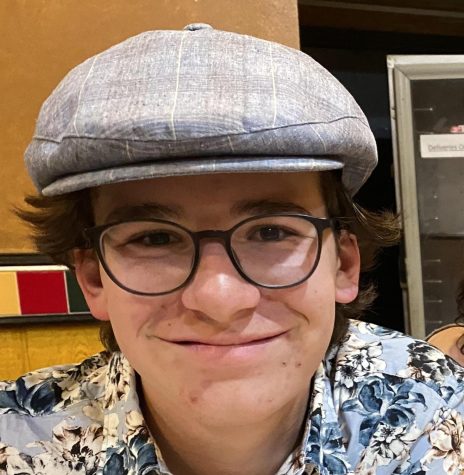
Darin Eberhardt '25 has been working with the Advocate since 7th grade and joined the Editorial Board in early 2023. Always finding ways to keep his schedule...


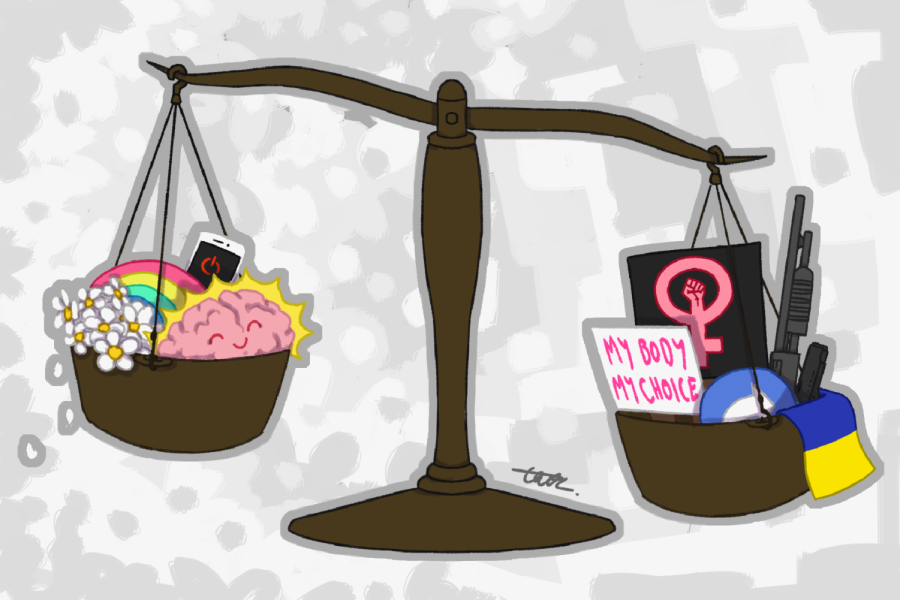
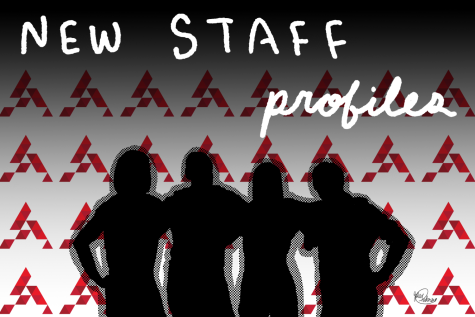
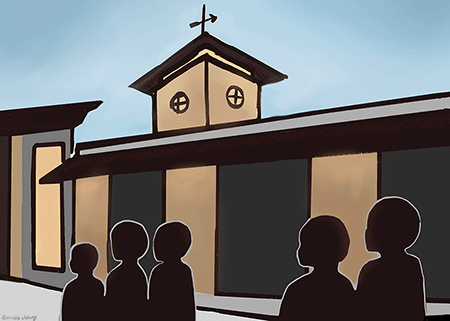



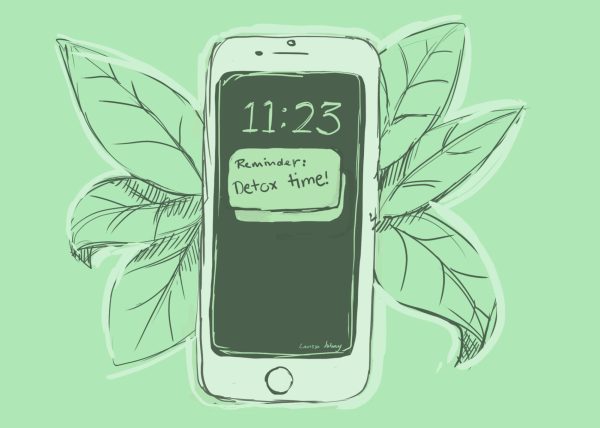

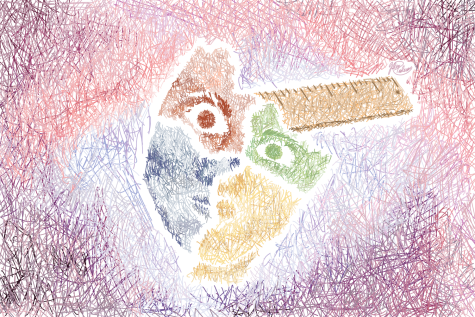
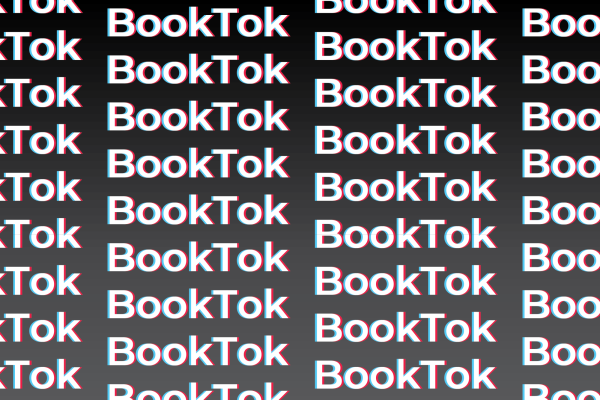
Bryce Baker • Jul 29, 2022 at 1:59 am
“…it is equally dangerous to live an ignorant or egocentric life. It’s impossible to overstate the need to be cognizant and engaged with issues in the world. It can, and should, become the basis for our entire lifestyle.”
I very strongly disagree with this assertment. I know you believe zoomers should be less pessimistic about it all, which I agree with, but the simple truth is that this extended cognizance and optimism can’t coexist. Aside from the fact that the older zoomers are already dealing with an increasingly worse housing market, a potential recession, weaker unions and lagging wages, increased citywide violence, mental health deterioration, crumbling infrastructure, and more at a local and national level, ragging on them for not caring about everything else going on in the world too is ridiculous. Additionally, most US citizens have barely any control over change that happens in this country (https://www.cambridge.org/core/journals/perspectives-on-politics/article/testing-theories-of-american-politics-elites-interest-groups-and-average-citizens/62327F513959D0A304D4893B382B992B), except for the ruling capitalist class, who have pulled this exact same move of pushing the blame onto the average citizen, such as with climate change, for example (https://www.theguardian.com/commentisfree/2021/aug/23/big-oil-coined-carbon-footprints-to-blame-us-for-their-greed-keep-them-on-the-hook). And that’s the influence Americans have on their own country, let alone international affairs. This narrative is giving the powers who be exactly what they want.
Darin Eberhardt (writer, hi Mr. Packer) • Sep 29, 2022 at 12:57 pm
Honestly based af
Anais Garvanian • May 20, 2022 at 10:06 am
Darin, this is a moving and thought-provoking article. Excellent work!
Anais Garvanian • May 20, 2022 at 10:07 am
And the graphic is amazing, too Ell!